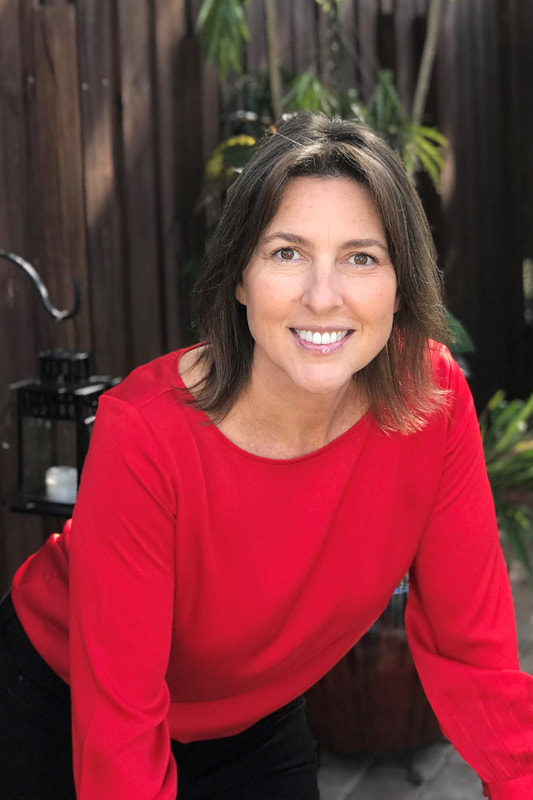Cut through the noise
|
|
|
4/9/2018 Some Things Just Don't MatterIn preparing for a series starting this week, Staying Centered Through Conflict™, I wrote a note to the participants. Part of it read: “For me, conflict tends to arise in two categories: critical needs and inconsequential stuff. Our sessions will provide tools for managing the critical needs. The conflict that we classify as inconsequential stuff is perhaps best managed by recognizing it for what it is – annoying, a nuisance – and ignoring it. Our effort is so much better directed towards other things.” The critical needs category is just that – critical. These issues need to be addressed. When they need to be addressed varies though. There are the “drop everything and focus on this” challenges and “essential to manage but not right now” challenges too. And the relative positioning of a critical needs issue is a lot like passengers’ priority on airport standby waitlists – it can quickly change when issues with higher status arrive – making triage (assigning degrees of urgency to issues) one of the keys to managing critical needs conflicts effectively. There are others, but in this short space, the next best recommendation I can share for conflict management relates to the inconsequential stuff.
In a nutshell, some things matter and some things don’t – recognizing the difference may be the easiest way to minimize the conflict you allow into your life. When you shrug off the inconsequential, you have greater energy to devote to what does matter to you. This also allows more time for you to create systems to stay ahead of conflict that arises from mistakes and oversights, and it enhances your energy reserves for those challenges that catch you off guard. Which challenges and issues fall into these two categories for you: critical needs and inconsequential stuff? And what single strategy would you share for effectively managing conflicts? Tell us in the comments… Kimberly is leading the ATD webinar series Essentials of Staying Centered Through Conflict™ for Learning Professionals multiple times in 2018. It is based on the EdTrek course Staying Centered Through Conflict™ that introduces proactive and reactive conflict management strategies and provides practical, application-based learning.
4 Comments
Cindy Kozumplik
4/17/2018 08:40:34 am
This was very helpful. For me, when I am preparing for a difficult conversation, I try to write out my main points and then give myself 24 hours before I send or say it. This allows me to time to reflect and see if I am reacting to a trigger or to the real issue.
Reply
Kimberly Devlin
4/18/2018 02:32:45 pm
Time IS on your side with this strategy! Thanks for sharing.
Reply
Lauren Swartz
4/19/2018 09:36:33 am
This is great! I have often had conversations with friends, family, myself, and even my 6 year old daughter to remember what is actually important. Does "this" conflict matter in the long run. Is it something, as you stated, that is critical, or is it small/inconsequential and can be ignored? Taking that step back and evaluating the level of conflict definitely saves you time and energy. A tool I use is to remove myself from the situation. Thinking about the conflict if it didn't impact me directly. How would I advise a friend or co-worker if they came to me with this conflict. Taking yourself (and your emotions) out of the situation can often give you clarity. It lets you see if you are reacting emotionally or rationally.
Reply
Kimberly Devlin
4/22/2018 09:25:36 am
Lauren - Nice strategy for gaining clarity! I met a woman named Emily last week, who casually commented "we all have many balls in the air – some are rubber and some are glass" -- that might be a helpful way to frame levels of conflict. (It was for me!)
Reply
Leave a Reply. |
AuthorKimberly DevlinCategories
All
Archives
April 2020
|


 RSS Feed
RSS Feed
